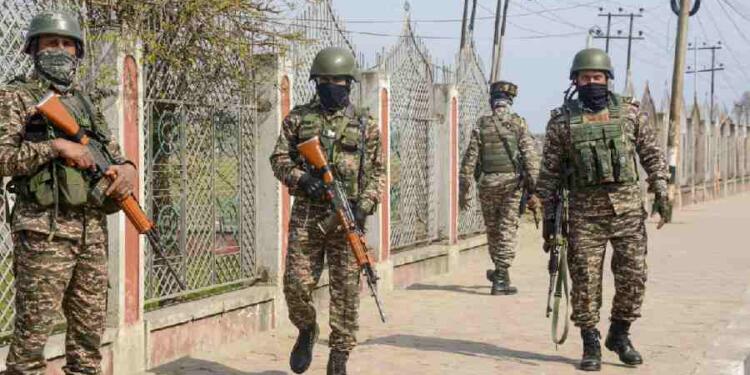Rajouri, Jammu & Kashmir — In a swift and precise operation, the Indian Army’s bomb disposal unit successfully defused multiple unexploded artillery shells near the Line of Control (LoC) in the Rajouri sector of Jammu and Kashmir. These shells, which had been fired by Pakistan from over the border, landed dangerously close to civilian habitats, and urgent steps were taken by the Army to avert casualties or loss of property.
Border Villages at High Alert
The Army emphasized that the operation was essential to ensure the security of civilians residing along the International Border (IB). These people had already been subjected to massive shelling prior to the May 10 ceasefire agreement between India and Pakistan. The operation to defuse the ordnance was filmed, where Army men were seen carefully manipulating the ordnance and conducting controlled explosions in a safe distance.
In the meantime, authorities have also issued a public advisory, asking residents in border villages to be on guard and report suspicious objects, unexploded shells, or explosive material to the Indian Army or Jammu and Kashmir Police immediately.
Background: Shelling Follows Operation Sindoor
The presence of live shells is tied to Pakistan’s retaliatory shelling following India’s decisive ‘Operation Sindoor’, launched on May 7. The military action targeted nine terror camps in Pakistan and Pakistan-occupied Kashmir (PoK) in retaliation for the April 22 Pahalgam terror attack.
Operation Sindoor was said to have resulted in the killing of more than 100 terrorists affiliated with extremist outfits like Jaish-e-Mohammed, Lashkar-e-Taiba, and Hizbul Mujahideen. Pakistan retaliated by heavy cross-border shelling and drone incursions, keeping the situation in the area high-tensioned.
India retaliated by initiating a well-coordinated counterattack, targeting radar sites, communications hubs, and airfields at 11 strategic locations within Pakistan.
Ceasefire Brings Temporary Relief
The violence escalated into both countries coming to a shared agreement of ceasefire on May 10, bringing relief to temporary relief to people residing along the border. Nonetheless, the threat from unexploded shells still lingers, stressing the need for vigilance and cooperation between people.
























